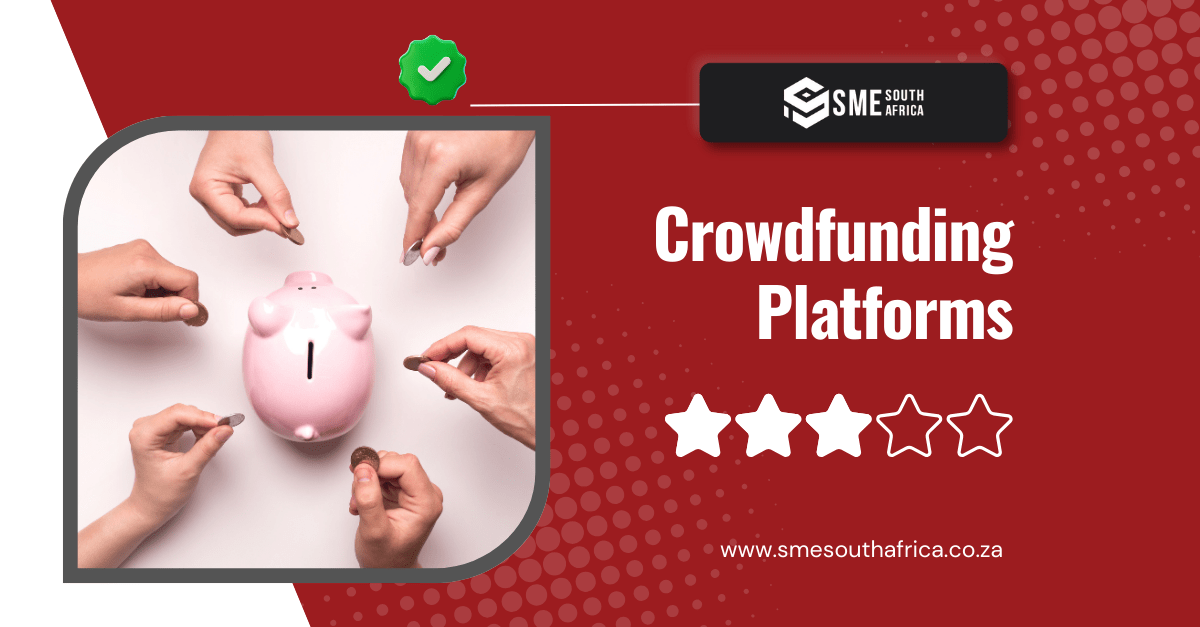
Getting funding for your startup is a critical part of starting a business. The correct funding can take your business from idea to the market in the blink of an eye. To ensure that you get the right funding for your start-up, you need to understand the fundamentals of funding to start a business.
The fundamentals of funding consist of the basic qualitative and quantitative information which outlines your business’ financial position. Basically, the fundamentals help you outline your funding needs better so you can apply for the right funding.
Outlining the fundamentals of funding can help you make better decisions as to how to use your funding once you have it.
In this article, we go through the fundamentals of funding your new business and where to apply for funding.
Determine How Much Funding You Need
Step one of understanding the fundamentals of funding for your startup includes knowing how much funding you need. To do this properly, you need to outline the costs of starting your business.
Some of the initial costs you will need to outline include:
- Initial costs such as product development, marketing, legal fees, and fixed and variable costs.
- Costs of office space and ongoing operating expenses.
- Any one-time costs that are evident within your business operations that don’t need funding.
Once you have outlined all your costs, you need to determine the goals of your business.
Outline Your Business Goals
Outlining your business goals is also part of the fundamentals of funding your start-up. To comprehensively outline your business goals, you need to understand the following:
- You need to understand the short-term and long-term business objectives.
- Determine what goals you need to hit with product launch, user acquisition goal, revenue goals and profit margins.
The next step is the most vital step in determining your funding needs. You have to assess and look at what the market conditions are within your specific industry.
Evaluate Market Conditions
Market research can help you see if there is genuine interest in your product. More importantly, market research can help you see where there is a demand for your product or service.
Other factors to consider when evaluating market conditions include:
- You must research your industry and its competitive landscape. This will help you see what kind of funding is most prominent for startups in your sector.
- Assess the benchmark of some of the other startups in your industry and the trends in the industry.
- Attend as many industry-related events and network with mentors, investors, and fellow entrepreneurs.
Note: You must also for any contingencies when starting a business. It’s crucial that you include a buffer period for any unexpected expenses or delays.
Stage Your Funding to Start a Business
Staging your funding means applying for funding within the different stages of your business. When your business is still in the idea stage, you apply for seed funding. Once your business hits the start-up phase, you will need to enter for early-stage funding.
These stages go all the way up to late-stage equity rounds. This is usually for businesses looking to expand. Other stages include public offerings or financial sponsor-backed exits.
Stage funding is outlined as follows:
Pre-seed Stage: During this stage, you use your own personal savings, investments from friends and family or small grants to realise your business idea.
Seed Stage: This stage is where you approach angel investors or crowdfunding platforms for funding. You can also join start-up accelerators for grants or get start-up seed funding or low-interest debt.
Series A and Beyond: This round is where you go to pitch for funding from venture capital investors or a consortium of angel investors. As mentioned above, the funds from late-stage funding are used for scaling, expanding market reach and hitting your profit goals.
Note: It’s vital that you accurately determine your funding needs before applying for funding. Additionally, it’s important that you understand how much equity you are willing to give up in exchange for funding.
Different Funding Options for Start-ups/ New Businesses
There are various places and platforms that can provide funding for your new business. Some of the most popular include:
- Bootstrapping
- Angel investors
- Venture capitalists
- Crowdfunding
- Accelerators and incubators
- Government grants
These are the best places to get funding for your start-up. It’s important to note that venture capitalists and (some) accelerators mainly focus on start-ups that are tech-focused. However, if your business idea is commercially viable and solves an existing problem, you will get funding whether or not your business is tech-focused.
Don’t wait too long, apply for funding today! For more information on where to find funding, visit the SME South Africa Funding page.











